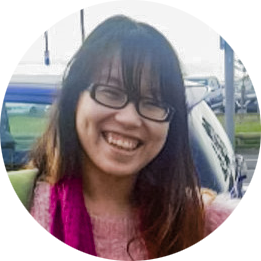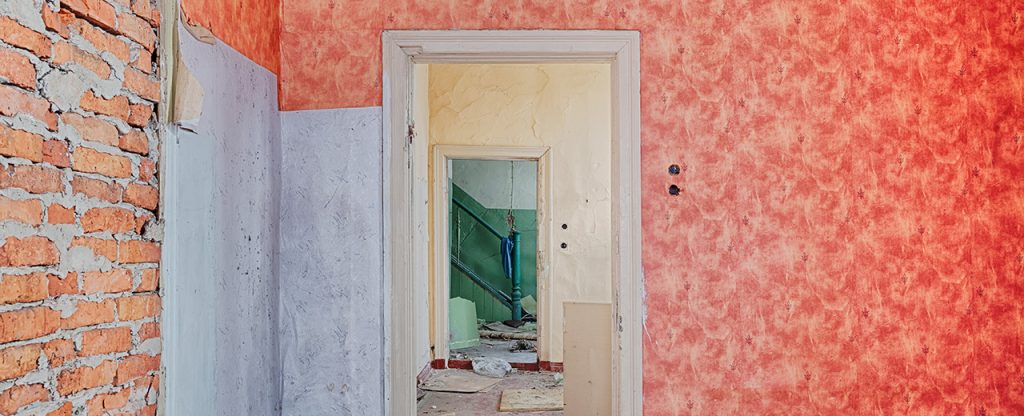Who am I?
I am no theologian, no psychologist, no philosopher. I am no more equipped to answer this multi-faceted, complex, dynamic question than your average girl next door. But this is my experience.
Pretend that I am a house. You are my visitor.
Your first impression is of framed faces, marked maps, scribbled quotes and Bible verses engulfing my walls. You trip over the tower of journals on the floor, and feel hungry as a chicken rice smell wafts in from the kitchen. A Pacific laugh, loud and hearty, booms over a piano from the next room. You touch the faces on my wall; some are fading.
These smells, sounds, sights – they represent my values, beliefs, culture, gender, personality, passions, talents and history that make up the complex thing I know as myself.
These all hang on the structure of this house. The furniture’s placement is determined by the spaces and lines, the carpet is cut to its corners, my belongings are bathed in colours let in by the structure’s windows and its light bulbs. The framework represents my central identity as a Christian. It shapes all other aspects of my identity. Christ is the light that falls on all other features. What this means extends beyond what this little reflection can contain. I will share only two thoughts.
Pastor and theologian Dietrich Bonhoeffer wrote, “When Christ calls a man, he bids him come and die.” What a statement! “Therefore, if anyone is in Christ, the new creation has come: the old has gone, the new is here!” (2 Corinthians 5:17). Our very nature, the fabric of who we are, is made new by the Holy Spirit in Christ. Enabled by the Holy Spirit, we work out our faith through obedience, surrendering to his will. A life-long surrender of our hearts, minds, souls and bodies allows our character to become more like Christ’s.
The Christian worldview also shapes the lens through which I see and understand reality, and I must be faithful both in understanding this worldview, and in living it out. I should cultivate a grateful, worshipful and trusting posture in everyday life (both trusting and thinking critically; faith and thinking are compatible and indeed helpful to each other).
How should I live this out? As a friendly person, I must use this instinct to love and serve others, not to glorify myself; God sees my heart. As someone with the privilege of education and opportunities, I must try to be a good steward, hard-working and servant-hearted. As a millennial living with Asian parents who have worked themselves out of poor origins, and the cultural differences that come out of that, I must hold my thought-out values while respecting and loving them. As a human within a community, I must choose to be defined by love and integrity. I must think about my social responsibilities, how to think about and act towards the vulnerable.
This is the distinctive nature of our identity: Christ-like. We are his in the little things, the big things and all the things in between. Paradoxically, in this death to ourselves, we become more fully alive. “I have come that they may have life, and have it in all its fullness” (John 10:10).
The second thought regards how “belonging” and “home” inform our identity. We define ourselves in relation to reference points. God loves me. This is not some Christian cliché, but a deep truth that transforms one’s soul. I am God’s child, made in God’s image. I am loved, I am enough. You are loved, you are enough. Even when we feel alone, we fit in his palm perfectly. Even when we feel useless, we know we’re valuable. Even when we grow old and no one is left who remembers our name, he knows our name.
His love enables me to love others better. More than this, he wants us to love him back! The Creator of the Universe longs for us to abide in relationship with him. This changes everything! I am and always will be working out what it means to know and abide in God.
Even though God’s love is a reality, I struggle with feelings of uselessness. I am still working out my identity, home and where I belong. But he is my foundational and lasting security, value, significance and home. All other things change. People we love leave, abilities vary, possessions decline, reputation and image are fragile, health wanes, passions fade, culture shifts. I change. But strip everything away, all that could be destroyed in an instant, and I am left with the constant, eternal, beating heart of my identity: Who I am in Christ.






